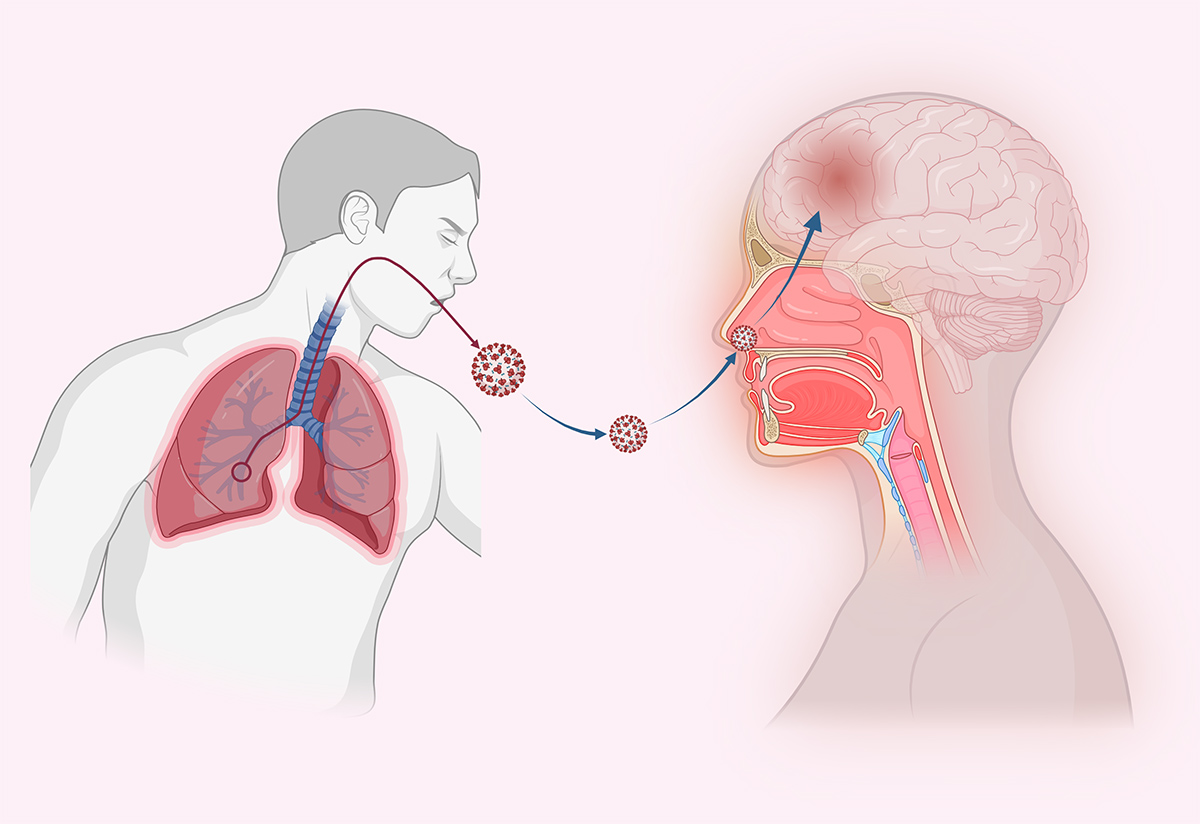
COVID Brain Health Study
Co-Principal Investigators:
Michael Lipton
Johanna Daily
Infection with the Severe Acute Respiratory Syndrome Coronavirus-2 (SARS CoV-2) has affected millions worldwide, notably in New York City. Coronavirus Disease-2019 (COVID-19) is mostly known for its rapid spread and severe life-threatening lung disease. However, COVID-19 affects many more parts of the body than the lungs. Our patients have reported neurologic changes after COVID-19 including mental fogginess, memory problems and other issues. It is likely that SARS CoV-2 infection leads to a wide spectrum of injury to the brain, which may lead to long-term problems. We want to understand how SARS CoV2 is affecting the brain.
COVID-19 may also affect the brain in ways that may not yet be noticeable to some patients, even if they have recovered from the acute infection. MRI and cognitive tests can provide detailed information about the brain that may show effects of COVID-19. Identifying the early and slight effects in the brain will allow us to understand the consequences and future risk of COVID-19 and possible treatments for patients who suffer long term brain effects from SARS CoV2.
News and Media
New Research: Effects on the Brains of Healthy Young Adults After Mild or Asymptomatic COVID-19
BRONXNET JULY 20, 2022
Effects of COVID-19 on the Brain
MEDICAL NEWS TODAY MARCH 11, 2022
Nerve Damage in Long COVID May Arise From Immune Dysfunction
PRESS RELEASE
Einstein Researchers Awarded $3.5 Million NIH Grant to Study Brain Changes Caused by COVID-19